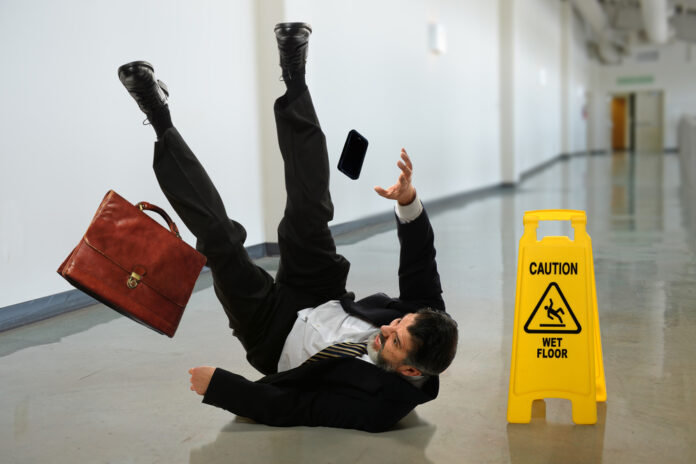If you want to file an insurance claim for a slip and fall injury case, you must hire a legal attorney. Consider looking for a personal injury lawyer near me as soon as possible.
Here are a few steps to file an insurance claim:
Initial Consultation:
Consulting a lawyer is the main first stage of seeking a claim for slip and fall accidents. The first step is to make an appointment with a personal injury lawyer, who will review the case and examine all the circumstances. The lawyer will listen to you, taking down notes about what happened and also can discuss with you the best course of action to pursue at the moment. Moreover, you will use this time to seek clarifications about the legal procedure and to evaluate if the attorney is responsible for your case.
Case Evaluation:
Subsequent to the first consult, the counsel will go through a close scrutiny and analysis of your case. This process requires us to read the facts of the accident, weigh the apportionment of responsibility, and calculate the amount of coverage you are seeking. The first thing the lawyer will consider is whether it was the property owner or another party who is to be accounted for the negligence that caused the unsafe premises. Furthermore, they will look at the severity of your injuries and about how much the accident affected your life. According to this opinion, the attorney will provide you reasons on why the case is appropriate and what is the best-case scenario for your case.
Filing a Complaint:
If a lawyer feels that you hold a high ground in the case, then you will be given a formal complaint or petition to the respective courts so that the legal procedure to initiate the case commences. The complaint elaborates on the charges leveled to your property owner or the responsible party, and it may also include details of the accident and the injuries that I might have been caused.
DiscoveryProcess:
After the lawsuit is filed, all the parties involved the moves to a discovery stage where both sides explores the actual and the corresponding evidence and information relevant to the case.This could comprise of inducing legal documents, including accident reports, medical files, and photographs among others, and taking oaths from witnesses and other parties to the accident. At the center of discovery, the objective is to uncover the data and evidence that will backup your claims and thus, during time to do their part, strengthens your case.
Negotiation Attempts:
Prior to court appearance, discussions on initiation of a settlement between the defendant, their insurance company, and you may be possible. The attorney representing you will use negotiation to negotiate a fair compensation for your damages and the injuries you sustained. The settlement negotiations can take place at any point during the litigation process and they may run till trial starts. Your lawyer is going to help you see the advantages and disadvantages of any settlement offers and give useful information to help you make the right decisions about whether to accept or reject any of the offers that are put before you.
Mediation or Arbitration:
At times, claimants proceed with other methods to resolve the case other than taking the case to trial. These methods may be mediation and arbitration. A trial has a room especially for the professional mediators who conduct sessions to try and solve the case without necessitating a court proceeding. These mediators come with specialized knowledge and skills in resolving disputes. Main is a mediator whose task is to help in the negotiations between you and a defendant, guiding you towards a mutually satisfactory agreement.
Trial:
Trial is the venue where both parties make arguments to the judge or jury who will decide the case based on the data provided by each side. Your attorney will be your advocate, he will present evidence in a pursuit to show the wrongful doing of the defender and will also prove the extent of the injury and damages caused to you. Witnesses may be sure, and objects such as photographs, medical records, and crash descriptions may be submitted as evidence.
Verdict:
Upon hearing all the arguments, the judge or the jury will come with a verdict saying the defendant is liable for compensating you for your injuries and will determine the amount, if they say so. If, however, the verdict is against you, the court will issue a sentence against the dispute. The defendant must pay the award sum. In case the verdict is against you and you believe that the decision was unjust, you may have the right to appeal to the higher instance of the law depending on the details of the case.


